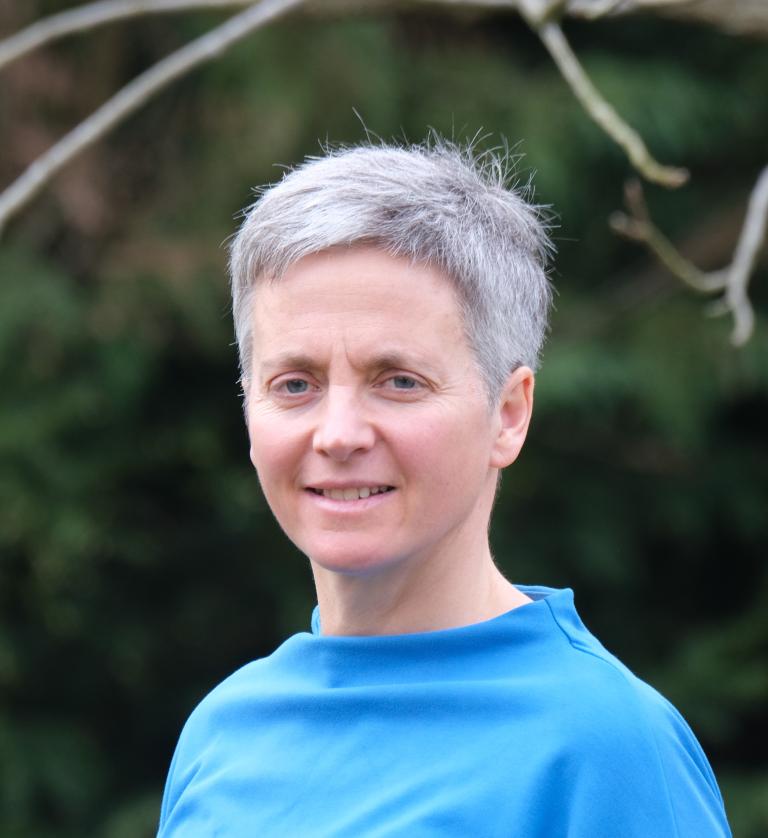Meet the CCRI stakeholders: Leuven (CCRI Fellow)
Published on 19.03.2024
In this month’s interview, we caught up with Circular Economy Project Coordinator from the City of Leuven, Lieve van Espen, to find out what drew the city to the CCRI and what it is hoping to achieve as a CCRI Fellow.
Lieve explained that after becoming one of the EU’s first Mision Cities last year, Leuven decided to focus on making circular economy initiatives a reality at local and regional level and push circular economy to the top of the EU agenda. and push circular economy to the top of the EU agenda.

What attracted you to join the CCRI?
Since 2019, the city of Leuven, Belgium, has been implementing its circular economy strategy. In the first phase we focused mainly on innovative pilot projects and building up a local circular economy ecosystem. In 2023, Leuven became one of the EU’s Mission Cities committed to becoming climate-neutral by 2050. Circular economy is one of the five priority domains within the city’s climate contract, with ambitious targets requiring circular economy pilots and initiatives to be significantly scaled up to a systemic level.
Leuven decided to join the CCRI because of its focus on supporting the implementation of circular economy initiatives at local and regional level. As a city we welcome the technical and financial support offered by the CCRI and its expert partners – such as the European Investment Bank (EIB), Circle Economy, International Council for Local Environmental Initiatives (ICLEI), and the Ellen MacArthur Foundation – particularly in areas where additional expertise and capacity is needed at city level to help us achieve our ambitions. Leuven collaborates closely with research institutes, enterprises in the regular and social economy and citizen initiatives locally and regionally. We therefore appreciate the CCRI’s openness to include these partners in the support it provides.
What are you hoping to achieve by participating as a Fellow?
We welcome the opportunity to exchange knowledge, best practices and lessons learnt within a network of European frontrunning cities, regions and key partners. Leuven is currently actively involved in the Thematic Working Group on Circular Construction and Buildings. CCRI events also provide opportunities to meet potential partners for project consortia to implement our circular economy project pipeline.
As a CCRI Fellow, we receive first-hand information on relevant initiatives to support the development of the city’s action and investment plan for our circular economy roadmap and arrive at investment-ready business plans. We hope participating in the CCRI will also act as a springboard to access financing for circular economy projects.
So far, being a CCRI Fellow has led to Leuven participating in the EIB’s Advisory Hub Circular City Centre programme which in turn has resulted in ongoing negotiations about EIB financing for Leuven’s climate action plan. We are also involved in the DEFINITE-CCRI project which helps us close the gap with potential investors by making our circular economy projects bankable.
What circular economy experience can you bring to the CCRI Community?
We continue to share best practices and lessons learnt with the CCRI community. Leuven’s experience encompasses projects in the valorisation of various residual streams at different levels of maturity. We have implemented or are developing projects involving streams of building materials, plastics, textiles, electronics, etc. Our Materials Bank, for instance, is one of the concrete initiatives we have talked about within the CCRI community.
We are proud of the Leuven Circular Platform of quadruple helix circular economy stakeholders and Leuven’s circular hub C3000 implementing the city’s circular economy projects in close collaboration with social and regular economy enterprises and a wider Flemish network of circular hubs.
Through Leuven’s roles as a EU Mission ‘Climate-Neutral and Smart Cities’ city, signatory of the Circular Cities Declaration and member of the European Covenant of Mayors for Climate and Energy, we use our networks to help push circular economy to the top of the EU agenda, particularly during the current Belgian EU presidency. Leuven participated in the Conference of Mayors (15 March 2024) and will also contribute to the World Circular Economy Forum (15-18 April 2024) in Brussels, in addition to continuing lobbying and agenda-setting work behind the scenes in collaboration with our partners at local and regional level.

built environment, CEAP2 key product value chain
e.g. chemicals, textile, ceramics, glass, cement, steel, bio-based industries
e.g. B2B services
e.g. households, aware consumers, representatives of influential groups, trainers and educators
large 500 000-200 000, medium 200 000-50 000, and small cities 50 000-5 000



